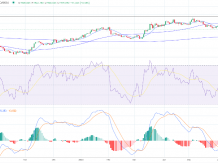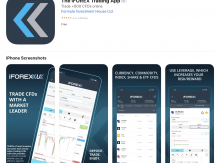Starting from June 1st, 2020, Canadian companies dealing in the exchange of digital currencies will have to report to and register with the country’s FinTRAC (Financial Transactions and Reports Analysis Center of Canada).
According to officials, this was a major move to double down on the country’s policies about combatting money laundering cases with cryptocurrencies. Furthermore, authorities have added that a much more hands-on regulatory framework could be implemented soon due to inefficiency in the current legislation.
To put it as simply as possible, cryptocurrency exchanges in Canada will have to enforce much stricter Know you Customer policies on their platforms and report any suspicious activity from an individual trader.
The firms will also be expected to hire compliance experts in order to have a direct connection with FinTRAC. It’s expected that most will go for audit companies though.
The main task of the compliance experts will be to keep track of the company’s efforts in gathering all the available data on customer transactions and delivering it to the authorities when requested.
According to the notice, crypto exchanges will have to report any and all crypto transactions above $10,000. This covers both receiving and sending payments via the company’s platform.
The law is most likely an attempt to tighten local tax policies as right now the framework is a lot more voluntary than mandatory.
Necessary precautions
Such amendments in the Canadian crypto law are very reminiscent to when they first banned binary options due to multiple records of investors either getting scammed or the organizers using the companies as a liquidity source for illegal funds.
The same fears were revolving around cryptocurrencies, and they were on a much larger level when compared to traditional financial assets.
This was simply due to the blockchain’s key features of anonymity and transaction speeds. Furthermore, it’s impossible for the transaction to be remitted without the receivers permission. And having money launderers use it would have been disastrous for local authorities.
Furthermore, the voluntary nature of reporting customer trading data prompted many companies to simply ignore it as there was pretty much no repercussions.
Now that it has become mandatory, it will be much easier for the local authorities to notice and investigate any future money laundering cases in the country.




